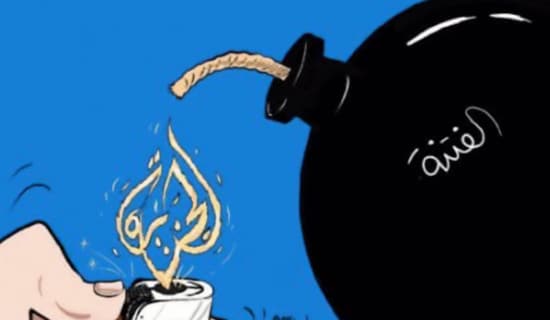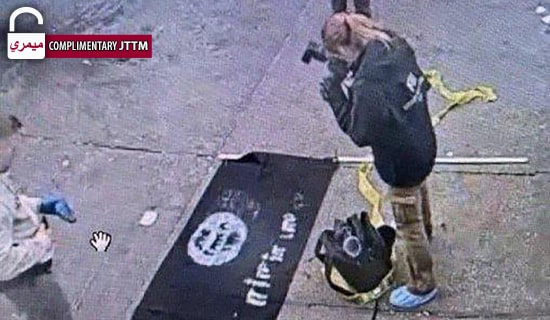Yesterday, 30 years ago, February 26, 1993, was my last day in service as advisor on Countering Terrorism to two Israeli prime ministers, first Yitzhak Shamir and then Yitzhak Rabin. It was a clear cold winter Friday with blue skies. On that day, I gave a final briefing at the Pentagon to the office of Special Operations and Low Intensity Conflict (SOLIC). At the time, "Low-Intensity Conflict" was a moniker for what later became known as anti-Jihad activities.

Aftermath of the 1993 World Trade Center Bombing. (Source: Archives.fbi.gov/archives/news/stories/2008/february/tradebom_022608).
I dedicated my briefing to the threat of Islamic fundamentalism. Employing the methodology that would a few years later become the basis for the Middle East Media Research Institute (MEMRI – which now celebrates its 25th anniversary): I cited source after source of Muslim and Arab figures and religious leaders in various countries urging their followers to attack the United States. One of the examples I cited was a publication called Al-Khilafah ("The Caliphate") published by the UK-based Al-Muhajiroun organization, which featured an article saying that capitalism is a crime that should be fought against.
My American counterparts, with whom I had been liaising for five years, looked at me with a kind of disbelief – they thought that my briefing was far-fetched. Since when do we examine words as a cause for actions? As if the history of World War II did not teach us anything.
One colleague, trying to be polite, said to me: "You may be more aware of it because you are from Israel." What he meant was: "Do not confuse your situation with ours – this does not apply here in the United States."
I concluded my briefing by saying: "Islamic fundamentalism is an imminent threat to the United States today." (By "today," I actually meant "these days.")
Two hours and 24 minutes later, as I was on my way to JFK to fly home to Jerusalem, a truck bomb was detonated by radical Islamists just below the North Tower of the World Trade Center, the most visible symbol of American capitalism, in what would become known as the first World Trade Center bombing.
Since then, time and again history has taught us, by bloody attacks motivated by ideological fanaticism, that deeds are not only led by words – words can even serve as early warnings for attacks.
*Y. Carmon is President of MEMRI.




